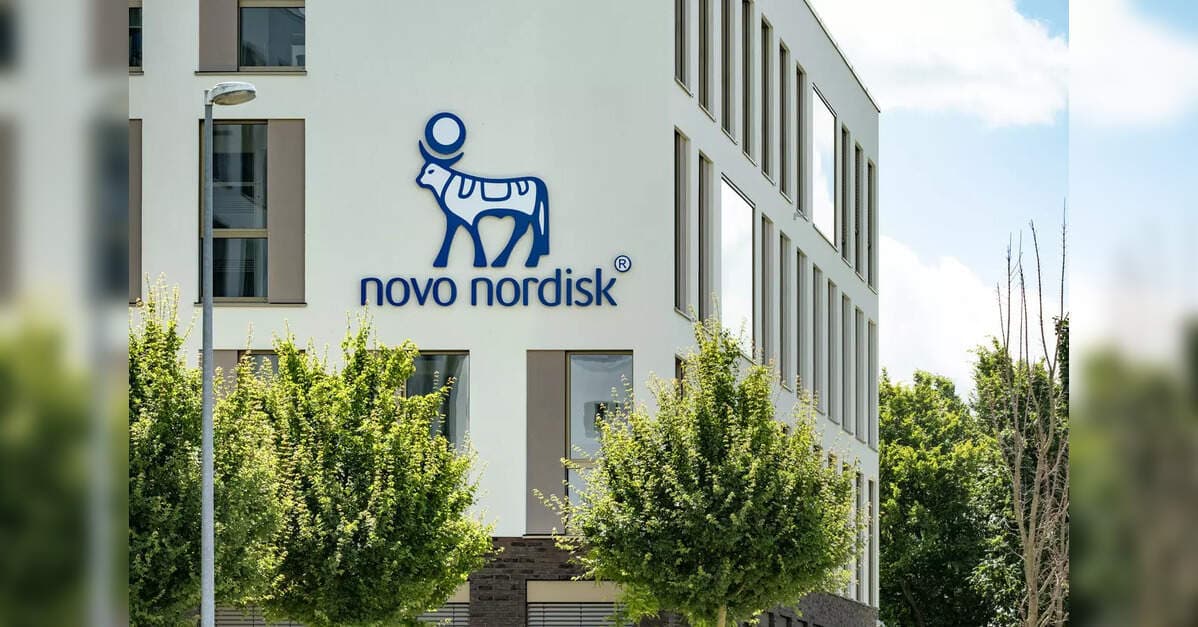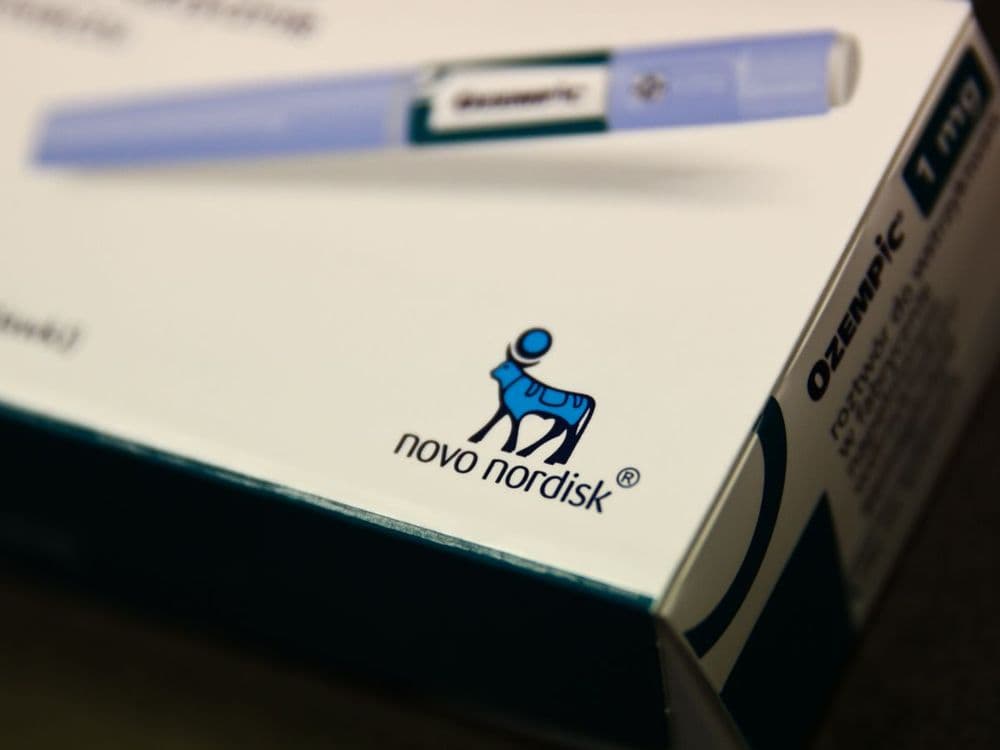Novo Nordisk Alzheimer’s Trials Fail to Show Clinical Benefit
Novo Nordisk announced on November 24 that its two large phase 3 trials of oral semaglutide did not slow clinical progression of early stage Alzheimer’s disease, a disappointment that halted a planned extension and sent the company’s shares sharply lower. The result is a major setback for the Danish drugmaker, which had sought to expand its blockbuster diabetes and obesity drug into a much larger neurodegenerative market.

Novo Nordisk said on November 24 that its two phase 3 trials, EVOKE and EVOKE+, testing oral semaglutide, marketed as Rybelsus, in people with early stage symptomatic Alzheimer’s disease failed to meet the primary endpoint. The trials, which enrolled roughly 3,800 participants, did not demonstrate a statistically significant slowing of clinical disease progression versus placebo. The company added that while some biomarkers moved in the expected direction, those changes did not translate into meaningful clinical benefit, and it discontinued a planned one year extension of the studies.
The negative readout ends a high profile effort by the Danish pharmaceutical group to repurpose a glucagon like peptide 1 receptor agonist that has been a commercial success in diabetes and weight management. Investors interpreted the news as a sharp reversal of growth expectations. Novo Nordisk’s shares fell sharply on the announcement, reflecting the market view that a positive Alzheimer’s program would have opened a very large new market beyond metabolic disease.
The EVOKE program represented one of the most ambitious attempts to test a diabetes drug class in Alzheimer’s disease at scale. Semaglutide is approved in oral form for type 2 diabetes under the brand name Rybelsus and in higher dose injectable formulations for obesity. Preclinical studies and smaller clinical investigations had suggested that drugs in this class could influence pathways implicated in neurodegeneration, motivating the two phase 3 trials that aimed to detect a slowing of cognitive and functional decline in early symptomatic patients.
Novo Nordisk said it will present detailed trial data at upcoming scientific forums, a disclosure that researchers and clinicians said will be closely watched for clues about why biomarker changes failed to produce clinical improvement. Analysts will examine aspects such as the magnitude and timing of biomarker shifts, the trials’ cognitive outcome measures, participant selection, and whether the dose or route of administration affected central nervous system exposure. Those technical details will determine how broadly the drug’s failure should influence other ongoing investigations of GLP 1 receptor agonists in neurodegenerative disease.

For patients and families grappling with Alzheimer’s disease, the results are a reminder of the difficulty in translating biological signals into clear clinical gains. Drug development in Alzheimer’s has been marked by a long string of disappointments even as regulatory agencies have recently approved therapies targeting amyloid and as researchers search for alternative approaches.
The outcome will force pharmaceutical companies and academic groups to reassess priorities and hypotheses about metabolic therapies for brain disorders. Even as Novo Nordisk recalibrates its research plans, the detailed data to be released may still yield scientific insights that inform future trials. For now, the company and investors face the immediate task of interpreting a setback that narrows one of the most promising avenues for expanding a blockbuster drug into the field of dementia treatment.


